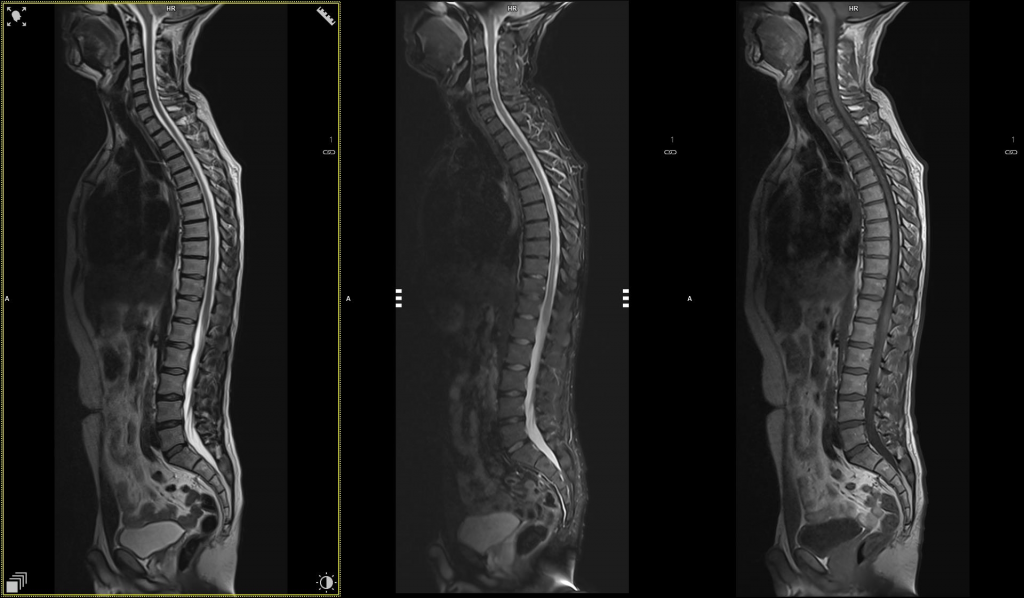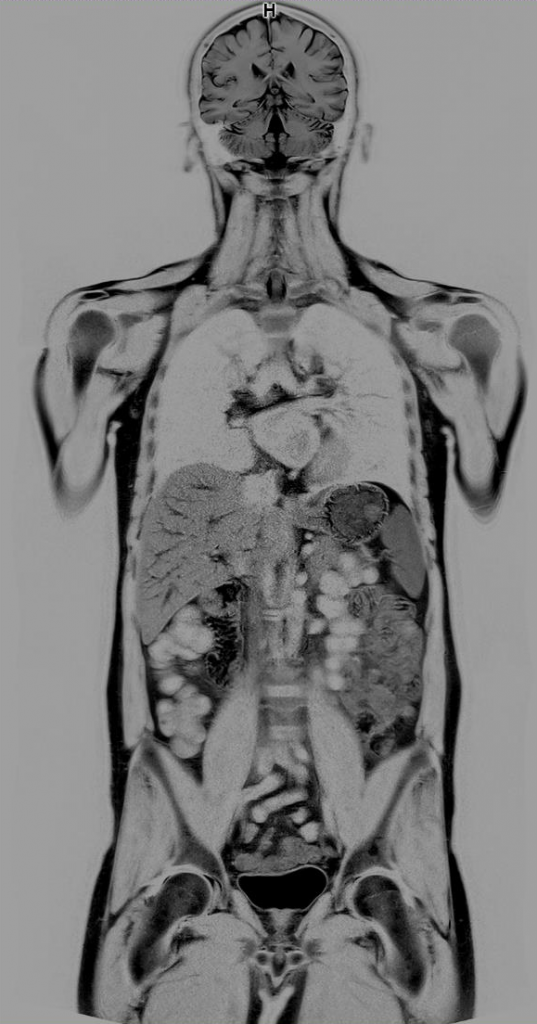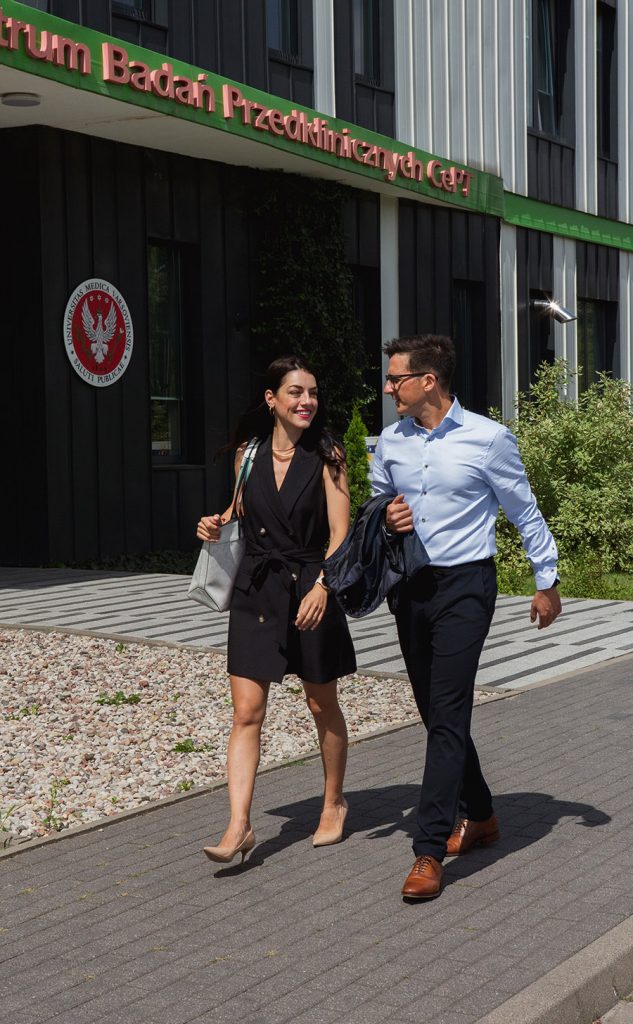About me
Marek Postuła
A professor of cardiology focused on longevity. He is passionate about improving his own health, as well as the health of those around him. During his studies, he realized that his interests aligned with the growing trend of longevity, and has since dedicated his career to this pursuit. Despite his busy schedule, he remains committed to physical activity, and encourages his patients to do the same. Healthy eating, stress management, and regeneration are also key areas of focus for him.
After finishing his medical studies at the Medical University of Warsaw, he went on to earn a diploma in health economics from the London School of Economics in the United Kingdom. He specializes in internal medicine and cardiology, and has worked for several years in clinical cardiology facilities.


Professionally, he is associated with the Department of Clinical Pharmacology at the Medical University of Warsaw. He leads the Laboratory of Pharmacogenomics, focusing on finding new biomarkers helpful in the early prevention and diagnosis of cardiovascular diseases.
He values teamwork with specialists from various fields, which led to establishing the international research group I-COMET (International Cardiovascular and Cardiometabolic Research Team). This group gathers scientists and clinicians from Poland, Austria, Italy, the Netherlands, Canada, and Brazil.
He appears as a longevity expert on radio and TV due to his passion for promoting healthy living and prevention of illnesses.
My Philosophy
The balance between the length of life and its quality.
That's what humanity should strive for.
It has always been striving for this.
Throughout history, there have been numerous recommendations from renowned medical figures, such as Hippocrates of Kos, who emphasized the importance of nutrition and hygiene in maintaining good health. Similarly, Chinese medicine has emphasized the significance of physical exercises and proper breathing for centuries. The doctors of the past were promoting what we now call a healthy lifestyle. Today, modern medicine respects the achievements of its predecessors and uses advanced research methods to provide further scientific evidence that our lifestyle choices have a significant impact on our well-being.
However, sometimes we tend to opt for shortcuts when it comes to our health, such as taking more pills or trying methods that lack scientific evidence. In certain situations, we might also lack the enthusiasm, willingness, consistency, and ability to change our bad habits. In reality, making minor modifications to our lifestyle habits can significantly improve our well-being and test results.
As a cardiologist, I carefully observe my patients and analyze the causes of their diseases. Several years ago, I found that my cholesterol and blood pressure levels were higher than normal, which prompted me to start taking better care of my health. I started introducing physical activity into my daily routine, paying attention to the right amount and quality of sleep, and taking time for rest and hygiene of intellectual work. These changes improved my well-being significantly.
Throughout my research, I’ve been concentrating on identifying the connections between health and lifestyle. I’ve delved into countless scientific articles and reports, which often showed great promise. As a result, I’ve begun to examine modern disease prevention research, which includes the study of civilization diseases..
New scientific ideas were born in my mind, which my research team and I began to verify in the laboratory. Our research aimed to identify new molecular biomarkers, which are indicators of changes occurring in the body. This allowed me to better understand the complex relationships between our health and the processes that take place at the cellular level. I started exploring the impact of lifestyle on gene expression and epigenetic modifications, which ultimately led to the possibility of consciously analyzing changes that occur under the influence of various interventions.
Through my personal experiences, I’ve come to realize the importance of adapting a healthy lifestyle that is supported by scientific research and a well-thought-out prevention plan. This has helped me to improve my own health parameters, and it has also allowed me to provide better care to my patients. Therefore, in my medical practice, I prioritize modern prevention methods that are backed by solid scientific evidence and supported by modern technologies that are a part of our daily lives.
What does this mean?


In today’s world, medicine is mostly reactive. Doctors intervene only when the patient is already sick and then treat the disease with varying degrees of success. However, with the wise use of current medical knowledge backed by scientific evidence and research on new biomarkers, which are indicators of changes occurring in the body, we can more precisely assess the individual risk of developing civilization diseases. This includes not only heart diseases but also metabolic disorders like obesity, diabetes, or cholesterol disturbances, as well as dementia or cancer. The use of modern technologies and our genetic profiles can help us in this regard.
In modern times, prevention is focused on closely monitoring risk factors to prevent diseases and maintain good health. Consider a scenario where we undergo annual check-ups for ten years, during which we repeat the same blood analyses, blood pressure measurements, VO2 max, daily glycemic profile, heart rate variability, and other parameters that are easily accessible to us. This approach can help us avoid health issues and lead a healthy life.
However, most importantly, you are the only participant in this study!
By entering your data into a simple template every day, you are actually preparing a comprehensive data set for personalized medicine. This data set enables a quick response to any factors that may disrupt the balance of your body.
The development of modern medicine has taken a massive step forward. We are now able to personalize and implement daily recommendations by combining unique genetic, clinical, and environmental characteristics. This, in turn, allows for precise planning of actions to prevent diseases in the future and maximize the period of good health.
And this is where the Direction Longevity begins.
If you are ready for such a journey – I invite you on board.